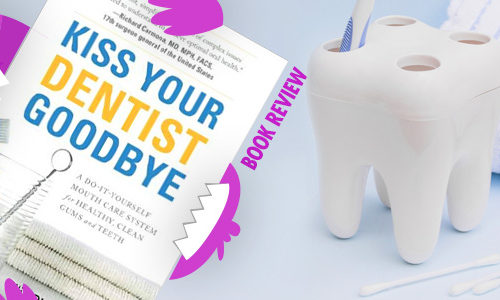
Chocolate and oral health. Is chocolate bad or good for your teeth?
Some Studies Say Chocolate is Beneficial for Your Teeth. But is Chocolate Really Good for Your Teeth? The dental benefits of chocolate have been a topic of interest for many, especially those with a sweet tooth. This article explores the various studies and claims regarding chocolate’s effects on dental health and examines if chocolate is indeed good for your teeth.
Unraveling the Chocolate Mystery
Chocolate, specifically dark chocolate, has been praised for its potential health benefits due to its high levels of antioxidants. However, when it comes to dental health, the jury is still out. Let’s take a deeper dive into the components of chocolate and their implications for oral health.
The Components of Chocolate
Chocolate is primarily made up of cocoa beans, sugar, and fat. Cocoa beans contain compounds such as tannins, polyphenols, and flavonoids, which are known for their antioxidant properties. It’s these components that have led researchers to examine chocolate’s effect on dental health.
The Good: Antioxidant Properties of Cocoa
1. Fight Bacteria: Polyphenols, a type of antioxidant found in cocoa, have been shown to reduce the formation of biofilm and oral bacteria that can cause cavities. By inhibiting bacterial growth, polyphenols can potentially lower the risk of decay.
2. Preventing Tooth Erosion: Tannins, another component of cocoa, may help prevent tooth erosion by inhibiting the enzymes that break down tooth enamel.
3. Anti-inflammatory Effects: Flavonoids have anti-inflammatory properties that could be beneficial in treating gum inflammation.
The Not So Good: Sugar Content
While cocoa itself contains beneficial compounds, most chocolates also contain high levels of sugar – a known culprit for tooth decay. When sugar is consumed, it interacts with the bacteria in the mouth to form acids which can erode tooth enamel, leading to cavities.
Dark Chocolate Vs. Milk Chocolate
Dark chocolate contains a higher percentage of cocoa and lower amounts of sugar compared to milk chocolate. Therefore, if choosing chocolate for its potential dental benefits, dark chocolate with high cocoa content and low sugar is the preferable option.
Moderation and Oral Hygiene
While dark chocolate might have some benefits for dental health, moderation is key. Consuming large quantities can negate any benefits due to the sugar content. It’s also critical to maintain good oral hygiene by brushing and flossing regularly. Rinse your mouth with water after consuming chocolate to help remove sugar and cocoa particles from the teeth.
Consult with a Dental Professional
Before making any changes to your diet for dental health reasons, it is advisable to consult a dentist. They can provide personalized recommendations based on your oral health condition.
Bottom Line
While cocoa in dark chocolate contains compounds that can be beneficial for oral health, the sugar content in chocolate is a concern for dental health. Consuming dark chocolate in moderation and maintaining proper oral hygiene practices can be a balanced approach. The key is to not rely on chocolate as a primary preventive measure for dental health but to consider it as part of a holistic approach to oral care.
This Q&A series article is complete and was published on August 15, 2023, and last updated on August 26, 2023.




